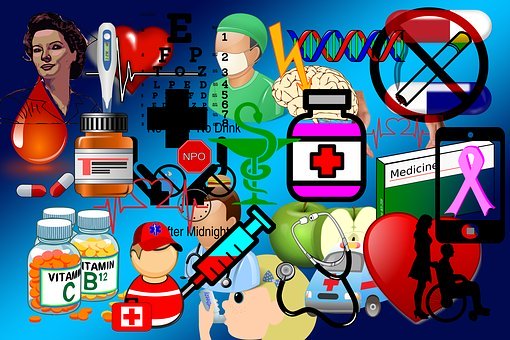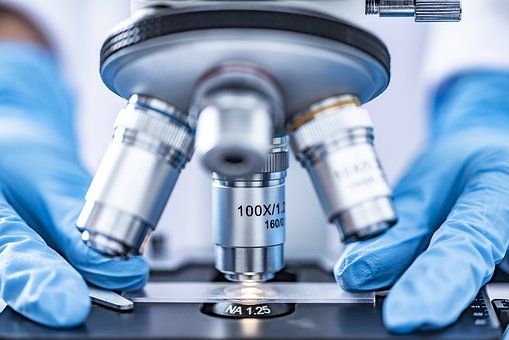Drug Treatment for Chronic Prostatitis
Date:2020-04-27 click:0

Chronic prostatitis can be caused by a variety of causes, and treatment methods will be based on the condition and individualization. After treatment, all factors harmful to prostatitis should also be paid attention to, which will help to recover and prevent recurrence and reinfection.
Antibiotic
Antibiotic abuse and nonstandard application are common in the treatment of prostatitis, so it is urgent to establish clinical norms. Currently, the generally accepted principles of standardization of antibiotic treatment include:
1. An acute attack of chronic prostatitis.
2. Chronic bacterial prostatitis
3. There is clinical, bacteriological, or immunological evidence supporting the existence of infection in patients with chronic inflammatory prostatitis.
4. For chronic bacterial prostatitis patients with an acute attack or chronic prostatitis with fever, antibiotics can be applied immediately.
5. The shortest time of antibiotic treatment is 2-4 weeks. If the symptoms do not improve, the treatment should be stopped, and the diagnosis and treatment should be reconsidered.
6. If antibiotic treatment is ineffective, the duration of antibiotic treatment should not exceed 6-8 weeks.
7. According to the characteristics of antibacterial spectrum and pharmacokinetics, quinolones and ammonium sulfate antibiotics are recommended
However, the adverse reactions of the latter limit its wide application. Roxithromycin is similar to ciprofloxacin in improving symptoms and may become a new choice of antibiotic treatment.
α - adrenergic receptor blocker
The α adrenergic receptor blocker, which selectively acts on the posterior urethra, bladder neck, and prostate, can contact the bladder neck and prostate urethrospasm, increase the flow rate of urine, promote bladder emptying, reduce the closed pressure of urethra, and prevent the backflow of urine in the prostate;
At the same time, it can relieve the spasm of pelvic floor muscle, relieve the tension myalgia of the perineum and pelvic floor, and there may be other mechanisms.
Anti-inflammatory treatment
The therapeutic effect of anti-inflammatory drugs on chronic prostatitis is encouraging, and it is a reasonable choice for short-term second-line treatment.

Analgesic treatment
Despite the lack of clinical and basic research on the use of analgesics in the treatment of prostatitis, some doctors and patients are still willing to accept analgesics, especially for those prostatitis patients whose main manifestation is pain.
Functional holistic medicine and complementary alternative medicine
Some achievements have been made in the prevention and auxiliary treatment of chronic prostatitis by means of physical and mental medical consultation, improvement of diet system, adjustment of living habits, phytotherapy, a supply of vitamins and minerals, a supplement of nutrients, etc., but the treatment experience needs to be summarized, which is not in the scope of traditional medicine or mainstream medicine at present.
Hormone drugs
1. Antiandrogen therapy
2. A small amount of androgen preparation
3. Antiestrogen therapy
2. A small amount of androgen preparation
3. Antiestrogen therapy
Other treatments
1. M receptor antagonists / anticholinergic drugs
2. Lower uric acid
3. Steroid hormone and immunosuppressant
2. Lower uric acid
3. Steroid hormone and immunosuppressant
Testimonial: 7 Years Chronic Prostatitis Cured Successfully
Effective Preventions for Chronic Prostatitis
Symptoms of Chronic Prostatitis



